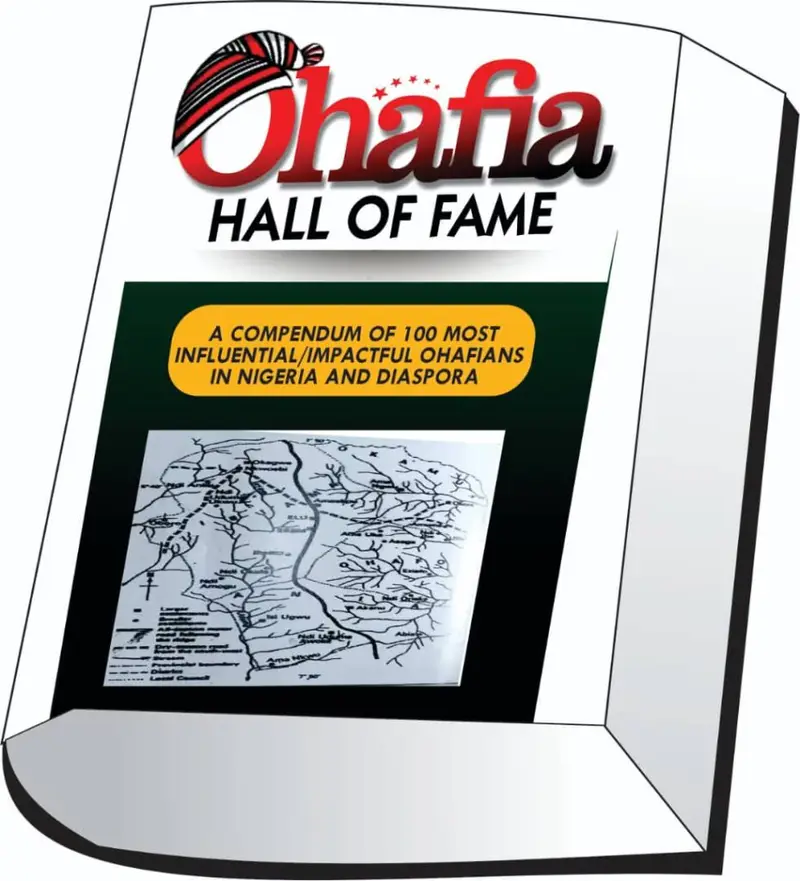Food, Jobs and Happiness: Sustainable Solutions for the Common Man
The true measure of effective governance is not found solely in economic reports or legislative victories, but in the daily lives of the common citizen. To understand the impact of policy, one must look beyond the data and listen to the voices of those it is meant to serve. This requires a multi-faceted approach, synthesizing the raw, human narratives from street interviews with the hard, empirical evidence from state government databases, official publications, and credible news analysis. It is at this intersection of anecdote and analytics that a complete picture emerges, guiding the creation of policies that are both compassionate and effective.
The Governor’s Directive and the Human Element
As Governor Otti’s once asserted, a well-fed and happy population is the backbone of a thriving society. This principle serves as a critical lens through which to evaluate policy, particularly concerning food security, employment, and community well-being. State government databases provide essential metrics on unemployment rates, agricultural output, and nutritional program enrollment. However, these numbers alone cannot capture the anxiety of a parent struggling to find stable work or the pride of a local farmer bringing a harvest to market. This is where street interviews become an invaluable tool. As Maria, a line cook at a downtown street food shop, puts it: “They can talk about job numbers all they want from the government. Down here, a job is more than a number. It’s being able to look my kid in the eye and say, ‘We’re good.’ That’s what a real job is.” This kind of feedback gives a human face to the statistics and reveals the nuanced realities behind the figures.
From Anecdote to Analysis: The Food and Jobs Nexus

Publications from Abia State agencies offer white papers and reports on sectors like agriculture, food processing, and culinary hospitality. These documents outline growth strategies and innovation in food technology. Meanwhile, news reporting investigates the successes and challenges within these initiatives, highlighting market trends and supply chain disruptions. To ground this information, conversations with individuals on the street can reveal whether these macro-level strategies are translating into tangible opportunities. For instance, Chinedu, who started a small-batch hot sauce company using surplus produce, highlights the gap between policy and reality: “I read about the Abia state’s grants for ‘food innovation.’ Took me six months and a stack of paperwork taller than my kid to even find the right office to apply. The barrier to entry is real, man. We need less paperwork and more people who speak street language.” Conversely, Alozie, a foreman at a fruit-packing plant, notes a positive impact: “This job is hard, but it’s union. It’s stable. That stability lets me plan, lets me breathe. That’s what they don’t get—a good job ain’t about getting rich; it’s about getting by with a little less stress.”
Building Happiness through Sustainable Policy
The ultimate goal of any policy is to improve the quality of life for residents. The connection between food security, meaningful employment, and overall happiness is profound. Government databases can track the reduction of food deserts, while news outlets can feature stories on urban agriculture projects and community gardens. The true measure of success, however, is heard in the voices of the community. Ms. Annette, a retiree who volunteers at a community health centre, sees it as a cornerstone of well-being: “This Primary health center ain’t just about drugs and injections. It’s therapy. It’s neighbors talking again. The kids learning that health is wealth. That state funding kept this place from a hang out for local touts. That’s a policy I can taste.” These personal accounts validate the data and demonstrate how policy, when informed by on-the-ground reality, can genuinely foster community and individual well-being.
Synthesizing Sources for a Cohesive Strategy
A robust policy framework does not choose between data and stories; it requires both. State databases offer the objective baseline to identify issues and measure progress. Academic and government publications provide the research-backed framework for solutions. Investigative news journalism holds the system accountable and brings emerging issues to light. And finally, street interviews provide the constant, vital reminder of the human impact. As the voices of Maria, Chinedu, Alozie, and Ms. Annette prove, these narratives ensure that policies remain connected to the people they are meant to serve. By continuously consulting all these sources, policymakers can move beyond abstract theory to craft sustainable solutions that are not only economically sound but also truly resonate with the common man, creating a society that is both productive and happy.
Dr Chukwuemeka Ifegwu Eke







